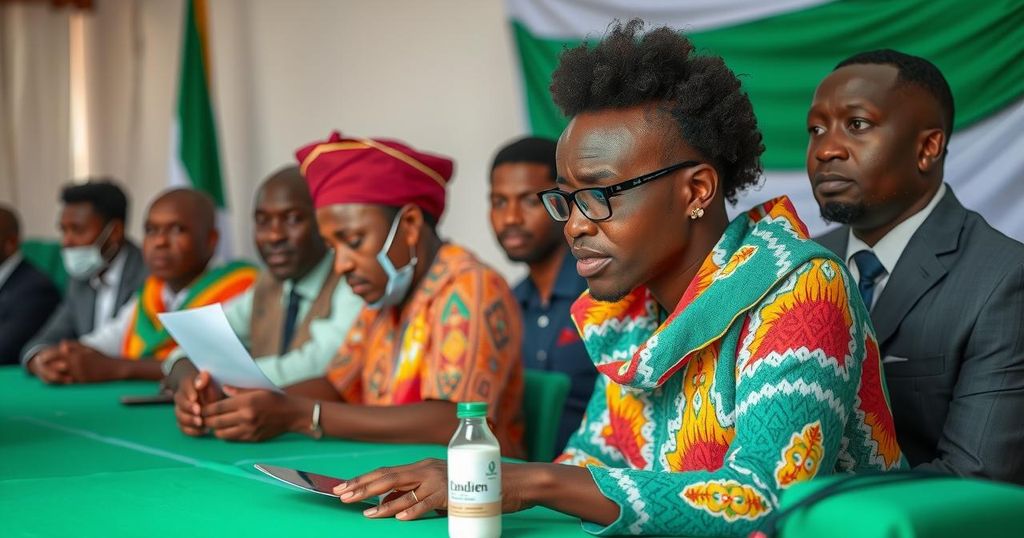Comoros Parliamentary Elections Marked by Opposition Boycotts and Integrity Concerns

Comoros held parliamentary elections on Sunday, characterized by a boycott from opposition parties that raised concerns over the election’s integrity and the governing party’s authoritarianism. The elections aim to fill 33 legislative seats amidst expectations of low voter turnout, reflecting public discontent with the political process. President Azali Assoumani’s party previously dominated the last election amid allegations of electoral fraud, exacerbating the climate of political tension.
On Sunday, Comoros conducted a parliamentary election amidst a boycott by several opposition factions. These leaders accused President Azali Assoumani and his party of increasingly authoritarian practices, leading to doubts concerning the fairness of the electoral process. This election seeks to fill 33 legislative seats, with results anticipated next week, and according to the electoral commission, approximately 330,000 voters are registered in the island nation. However, opposition parties predict low voter turnout due to dissatisfaction with the political climate.
In the previous parliamentary elections in 2020, Assoumani’s Convention for the Renewal of the Comoros and its coalition partners claimed 20 of the 24 contested seats. Assoumani himself exercised his right to vote in his hometown of Mitsoudjé, located on Grande Comore. The opposition, which had dismissed the 2020 elections as a “masquerade,” also condemned the legality of Assoumani’s successful re-election in 2022, claiming that it was marred by fraud and resulted in public unrest.
One of the key boycotters, the Juwa Party led by former President Ahmed Abdallah Sambi, has also refrained from participating in past elections. Known for its frequent political turmoil since independence from France in 1975, Comoros has experienced a number of military coups. Assoumani, a former military officer, first gained leadership in 1999 via a coup. Despite stepping down in 2006, he returned to power and won subsequent elections, having reformed the constitution in 2018 to evade term limits and adhere to an agreement that rotated the presidency among the islands.
The Africa Center for Strategic Studies, a U.S. Congressional research body, commented that Assoumani’s tenure has increasingly exhibited features of political repression and a lack of competitive elections. Moreover, the electoral process occurred despite concerns raised by Tropical Cyclone Dikeledi, anticipated to affect Comoros and the adjacent French territory of Mayotte on the same day.
Comoros, an Indian Ocean archipelago consisting of three islands near Madagascar, has endured a tumultuous political history characterized by multiple military coups since its independence from France in 1975. Azali Assoumani, a former military officer, originally seized power in 1999 through a coup, later transitioning to a civilian presidency. His most recent election in 2022 was contested by opposition factions, who claimed violations regarding the electoral integrity. Assoumani modified the constitution in 2018, allowing him to bypass term limits, further escalating political tensions within the country.
In conclusion, Comoros’ parliamentary elections reflect a significant moment in the country’s ongoing political struggles highlighted by boycott efforts from opposition parties, pervasive sentiments of disenfranchisement, and allegations of authoritarian governance by President Assoumani. Despite the concerning political context, the electoral procedure has progressed amid natural adversities, representing a critical juncture for Comoros’ democratic integrity. The outcome of this election will be instrumental in shaping future political dynamics in the archipelago.
Original Source: apnews.com







